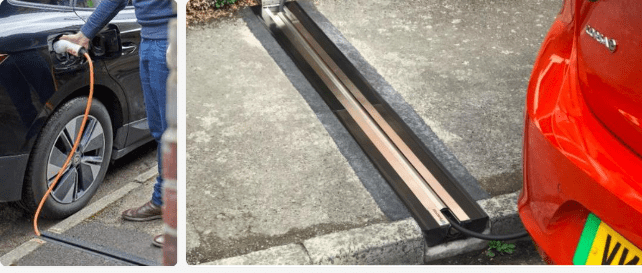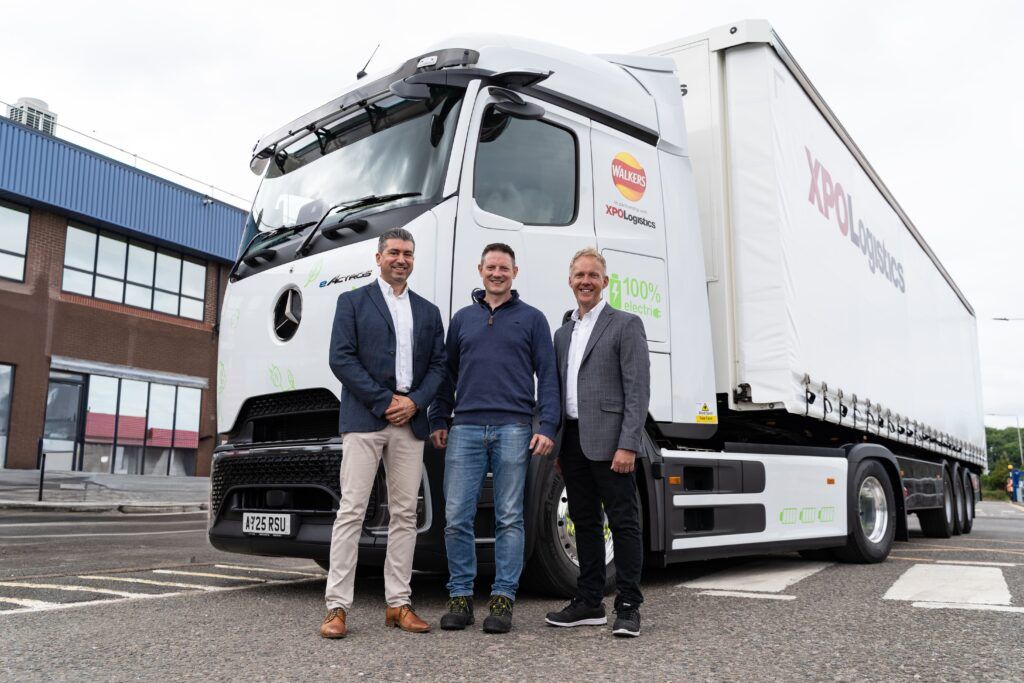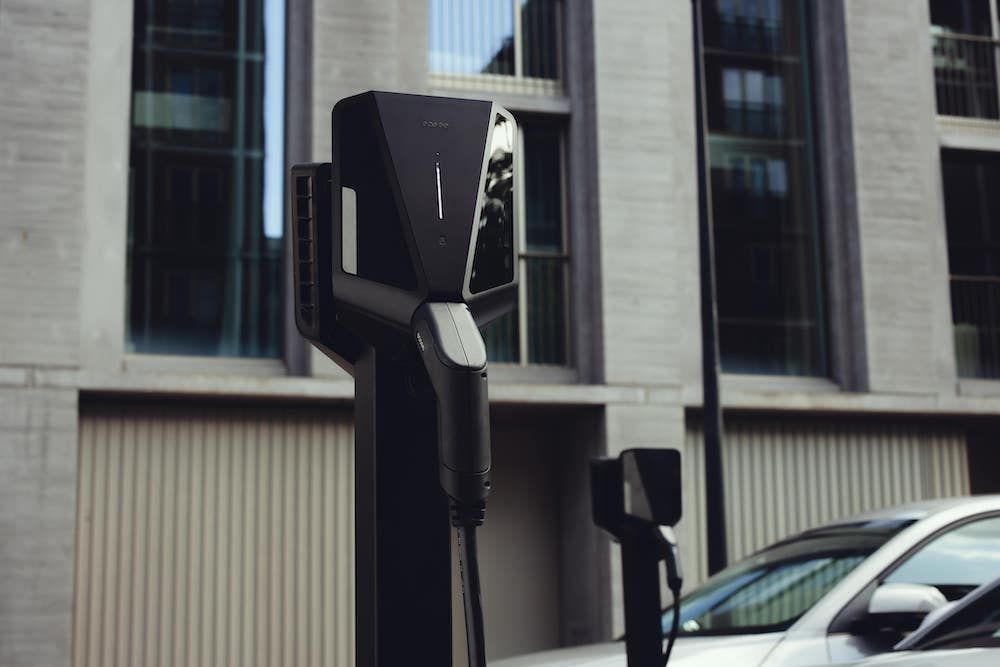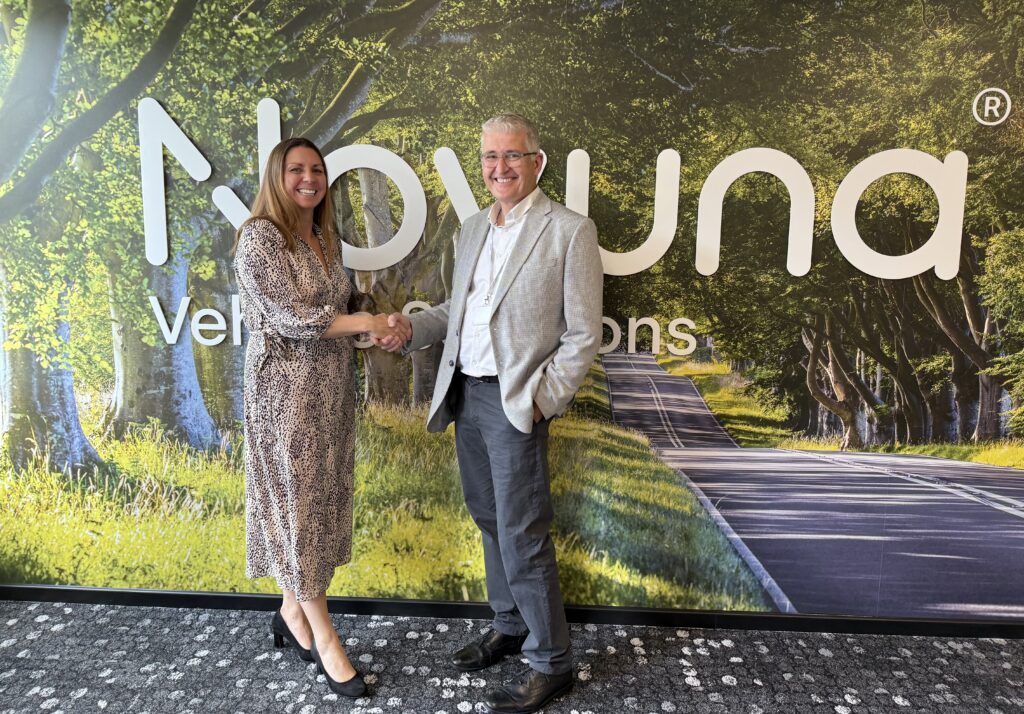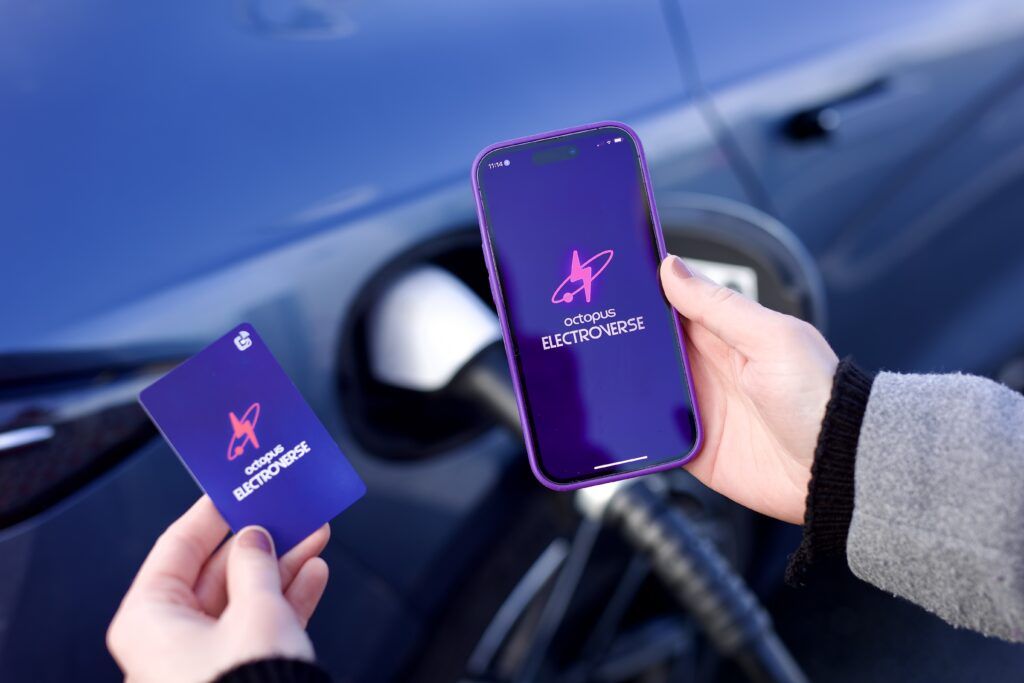Jacob Roberts, Transport Policy Manager at REA (the Association for Renewable Energy and Clean Technology) and a Transport + Energy editorial board member, provides a personal view of his experiences at COP26 and reflects on a missed opportunity to change mobility behaviours.
Last week, my REA colleagues and I attended the COP26 climate conference in Glasgow. As a professional working in the sustainable transport sector, it was a productive and valuable experience. However, on a personal level, attending the conference was one of the proudest experiences of my life; and an experience I found to be profoundly moving.
I needed no convincing of the threat posed by climate change, nor the need to act to reduce emissions; this is a mission that has guided my personal and career development since the age of 15. As for many others, it has long been apparent to me that our time is running out to prevent a catastrophic climate change. But being at COP26 made something else heartbreakingly clear to me: for many of the inhabitants of our planet, time is already up.
International announcements
On Wednesday 10th November, it was Transport Day at COP26. I attended in anticipation of major global announcements to reduce emissions from transport. To this effect, some promising announcements were made.
Firstly, a pledge was made for all new car and van sales to be zero emission by 2040 globally and 2035 in leading markets between. Signing this pledge were 34 countries, 6 major vehicle manufacturers, 41 subnational jurisdictions, 28 fleets and 13 investors. Not signing this pledge were the United States, China, Germany, VW Group, Nissan and Toyota, to name but a few. The absence of these large vehicle markets and vehicle manufacturers is deeply troubling – especially considering that VW and Nissan have both made significant strides to bring new electric vehicles to market. I gather that the reason such organisations did not sign the agreement was because they did not believe it would deliver net zero, as too much of our electricity is derived from fossil sources.
Secondly, we saw the expansion of the Zero Emission Vehicle Transition Council (ZEVTC). The ZEVTC is not a new group, having been formed in November 2020 but, at COP26, we saw this membership expanded to 30 governments, who have pledged to work together to make zero emission vehicles the “new normal” by 2030 or sooner. The ZEVTC effectively re-released its 2022 action plan, which was agreed between members when the ZEVTC was formed. This action plan looks at taking joined up approaches to charging infrastructure, emissions regulation, reducing emissions from heavy vehicles and ensuring a truly global ZEV transition. This plan is due to be put into action in 2022 – I will be watching closely!
Phasing out non-zero-emission HGVs by 2040
On the same day, we also saw domestic policy announcements from UK Government, including its ambition to phase out non-zero-emission HGVs by 2040 – and 2035 for HGVs under 26 tonnes. I welcome this ambition, which sends a clear statement of intent to industry, but I am also concerned that the roadmap of policies and technologies required to deliver upon this ambition is as yet unknown. This continues a worrying trend of Hail Mary promises made on the back of technologies that are not yet at market, or even in existence.
We need to develop a roadmap towards the decarbonisation of road freight, and this roadmap needs to be guided by the principle of reducing carbon emissions as quickly as possible. That means considering what technologies we can deploy today and understanding when new technologies will be market ready. This roadmap also needs to recognise that HGVs come in many shapes and sizes, and can have very different usage patterns, meaning that a range of solutions will inevitably be required. Government and industry need to discuss and determine where each technology will deliver greatest value, measured in cost per tonne of carbon reduced.
Reflections
After a week at COP26, one thing that has disappointed me is the lack of meaningful commitment or action to change mobility behaviours. To significantly reduce emissions from transport, we need to refocus the debate around the travel hierarchy.
This means that our priorities should be to reduce the need to travel, then to use active travel, then public transport, then zero-emission vehicles, car sharing and fuel-efficient driving. By jumping straight to zero-emission vehicles, we are overlooking the potential for significant, cost-effective emission reductions. Not to mention benefits to public health arising from reduced congestion and air pollution in urban centres.
The need for us to focus on changing mobility behaviours was highlighted by my journey to Glasgow. I travelled by train from my home in Loughborough, which involved four changes and took nearly eight hours (without any delays!). At a fraction of the time, cost and inconvenience, I could have flown to Glasgow from nearby East Midlands Airport. It is unrealistic to expect consumers to make low and zero carbon transport choices when the odds are stacked so firmly against them.
COP26 was an opportunity for governments and organisations across the world to unite in the common purpose of making active travel, public transport and shared mobility the most sensible, practical and affordable choice for all. I truly fear that COP26 was an opportunity missed in this regard and, all the while, the walls of climate change are closing in around us.
Writing this article during my long journey back to Loughborough, I have had time to reconcile the confusing mix of both hope and fear, optimism and despair that I feel for our global future. I resolve this mix of emotions with a commitment to continue working and fighting to preserve that future. After sharing the COP26 experience with thousands of delegates, and through working with colleagues and members at the REA, I can take some comfort in knowing that I am not fighting this battle alone.
Jacob Roberts is responsible for the REA EV Forum, the largest association of organisations from across the EV charging infrastructure value chain. Prior to joining the REA, Jacob previously worked at Cenex, Energy Saving Trust and Coventry City Council, building over seven years’ experience working to reduce the impact of transport and increase the uptake of electric vehicles.
The above piece is written in a personal capacity, and Jacob’s views do not necessarily represent those of the REA or its members.




